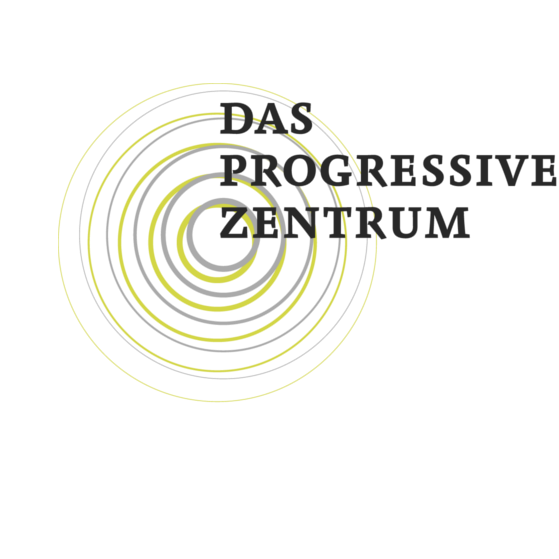For the first time, three French-German think tanks join forces to reflect upon the EU digital technologies strategy: Renaissance Numérique, EuropaNova, and Das Progressive Zentrum. As a concrete realization of this partnership, the think tanks are launching a common series of conferences in both France and Germany: “EU Digital Challenges”.
More than ever, digital issues are discussed at the European scale. While major texts are on the agenda of the current – and next – European institutions, Member States, led by France and Germany, seek to influence the European Union (EU) digital roadmap by creating their own national regulations: Germany lately legislated on content moderation to struggle against fake news while France presented its strategy for artificial intelligence in March 2018. Simultaneously, the recent renewal of the Elysée Treaty embodied the Franco-German axis’ determination to be the driving force of digital regulations in the European Union.
Those initiatives are as modern and complex as the issues they aim to tackle and respond to the destabilizing functioning of the digital market. In order to get a grasp of and understand those matters, three think tanks have decided to combine their expertise in a brand new way and fuel the debate:
- Renaissance Numérique, French think tank, expert in digital transformation;
- Europanova, French think tank, expert in European issues;
- Das Progressive Zentrum, German think tank, German national, EU and international public affairs.
EU Digital Challenges: a series of three conferences
Together, the three think tanks will have a national and European perspective on great issues underlying digital society, in a series of three conferences, that will take place by the end of 2018:
- July 11, in Paris: “Artificial Intelligence: how to support the European voice in the global race?” ;
- November 7, in Berlin: “Cybersecurity: is a European governance possible?” ;
- April 10, in Paris: “A Roadmap for a Digital Society”.
For each event, the think tanks will publish a strategic note decrypting the main challenges of the issues at stake, their French, German, and European calendar, as well as the main recommendations emanating from the debates.
Organised in English, each meeting will lead to a specific communication in the three languages (English, French, and German). These debates will gather panels of French and German experts and will be open to all (subscriptions required, conditioned to the number of available seats). This cycle is supported by Microsoft.
A Project by:




